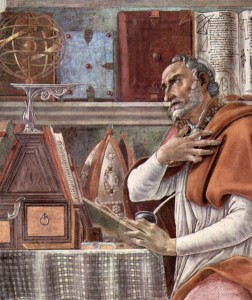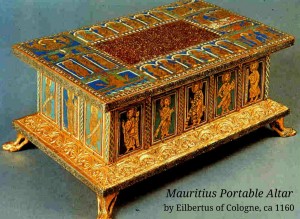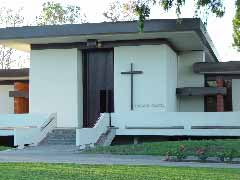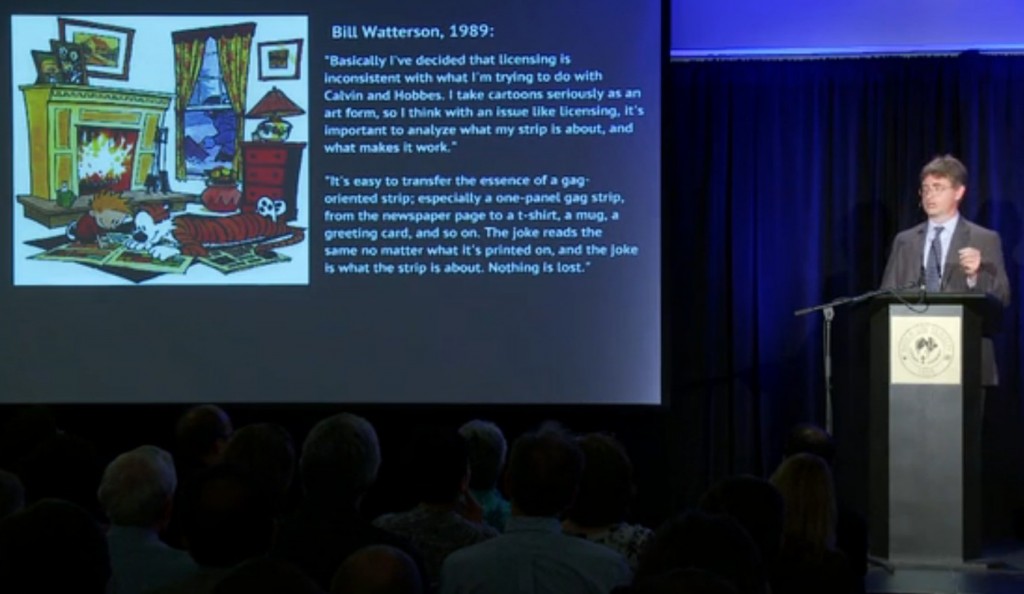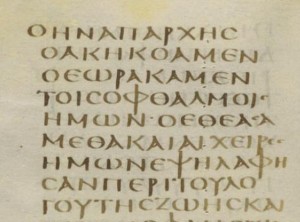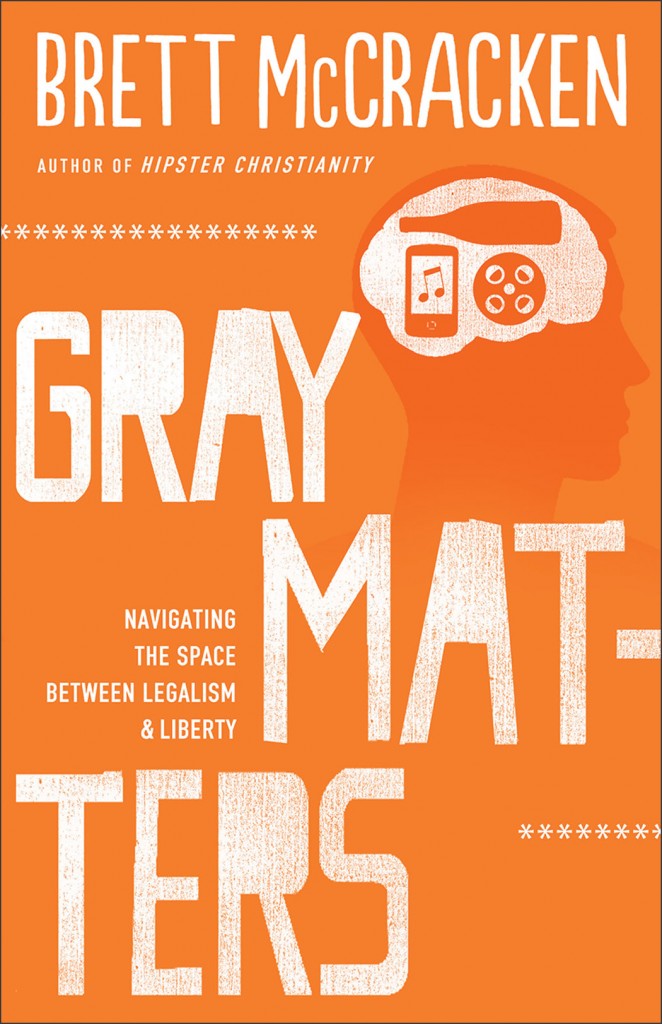This summer I was fortunate to have two chapters that I wrote published in an excellent volume from InterVarsity Press entitled Reading the Christian Spiritual Classics (edited by Kyle Strobel and Jamin Goggin). My first contribution was a historical and contemporary overview of the discipline of spiritual theology while the other was an overview of how to read spiritual texts from the Middle Ages along with what spiritual authors I think should be read from the medieval era. I would... Read more

